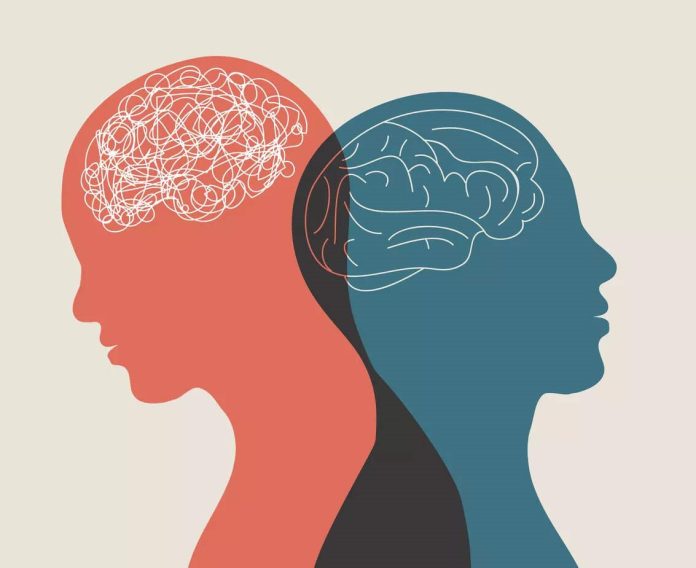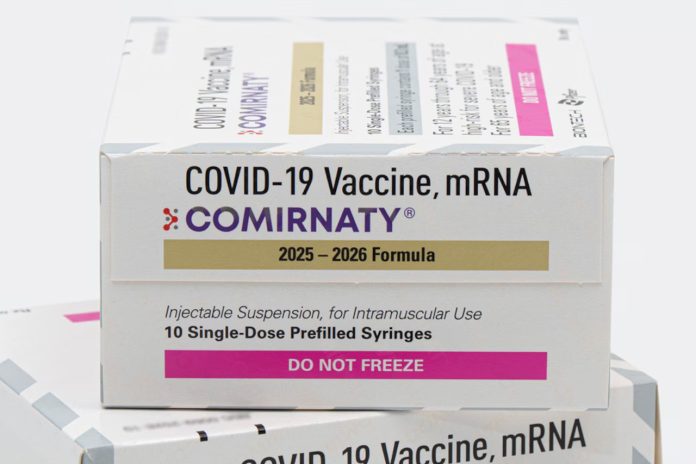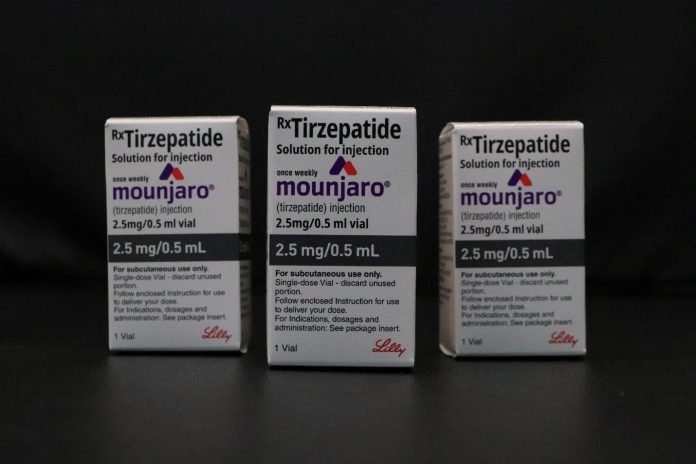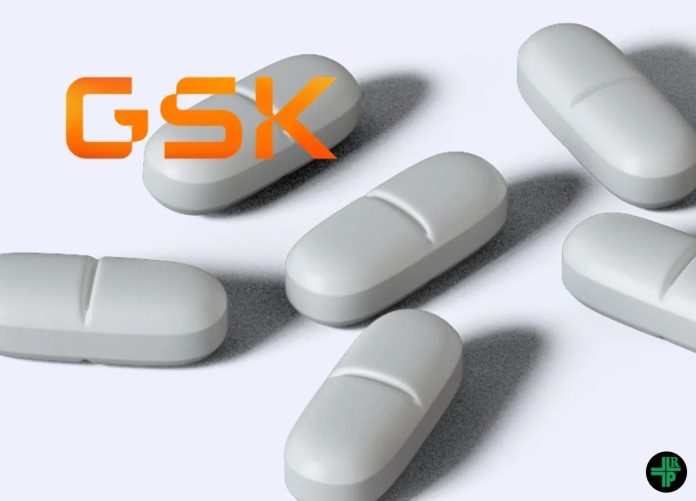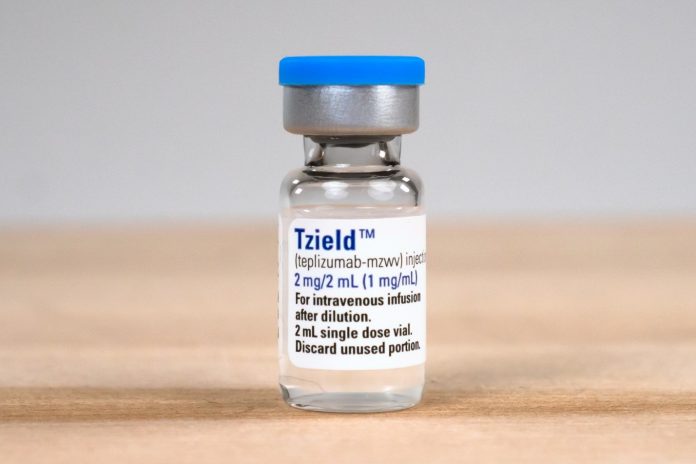Mayo Clinic’s AI tool identifies 9 dementia types, including Alzheimer’s, with one scan
Mayo Clinic researchers have developed a new artificial intelligence (AI) tool that helps clinicians identify brain activity patterns linked to nine types of dementia, including Alzheimer’s disease, using a single, widely available scan — a transformative advance in early, accurate diagnosis.
The tool, StateViewer, helped researchers identify the dementia type in 88% of cases, according to research published online on June 27, 2025, in Neurology, the medical journal of the American Academy of Neurology. It also enabled clinicians to interpret brain scans nearly twice as fast and with up to three times greater accuracy than standard workflows. Researchers trained and tested the AI on more than 3,600 scans, including images from patients with dementia and people without cognitive impairment.
his innovation addresses a core challenge in dementia care: identifying the disease early and precisely, even when multiple conditions are present. As new treatments emerge, timely diagnosis helps match patients with the most appropriate care when it can have the greatest impact. The tool could bring advanced diagnostic support to clinics that lack neurology expertise.
The rising toll of dementia
Dementia affects more than 55 million people worldwide, with nearly 10 million new cases each year. Alzheimer’s disease, the most common form, is now the fifth-leading cause of death globally. Diagnosing dementia typically requires cognitive tests, blood draws, imaging, clinical interviews and specialist referrals. Even with extensive testing, distinguishing conditions such as Alzheimer’s, Lewy body dementia and frontotemporal dementia remains challenging, including for highly experienced specialists.
StateViewer was developed under the direction of David Jones, M.D., a Mayo Clinic neurologist and director of the Mayo Clinic Neurology Artificial Intelligence Program.
“Every patient who walks into my clinic carries a unique story shaped by the brain’s complexity,” Dr. Jones says. “That complexity drew me to neurology and continues to drive my commitment to clearer answers. StateViewer reflects that commitment — a step toward earlier understanding, more precise treatment and, one day, changing the course of these diseases.”
To bring that vision to life, Dr. Jones worked alongside Leland Barnard, Ph.D., a data scientist who leads the AI engineering behind StateViewer.
“As we were designing StateViewer, we never lost sight of the fact that behind every data point and brain scan was a person facing a difficult diagnosis and urgent questions,” Dr. Barnard says. “Seeing how this tool could assist physicians with real-time, precise insights and guidance highlights the potential of machine learning for clinical medicine.”
Turning brain patterns into clinical insight
The tool analyzes a fluorodeoxyglucose positron emission tomography (FDG-PET) scan, which shows how the brain uses glucose for energy. It then compares the scan to a large database of scans from people with confirmed dementia diagnoses and identifies patterns that match specific types, or combinations, of dementia.
Alzheimer’s typically affects memory and processing regions, Lewy body dementia involves areas tied to attention and movement, and frontotemporal dementia alters regions responsible for language and behavior. StateViewer displays these patterns through color-coded brain maps that highlight key areas of brain activity, giving all clinicians, even those without neurology training, a visual explanation of what the AI sees and how it supports the diagnosis.
Mayo Clinic researchers plan to expand the tool’s use and will continue evaluating its performance in a variety of clinical settings.





